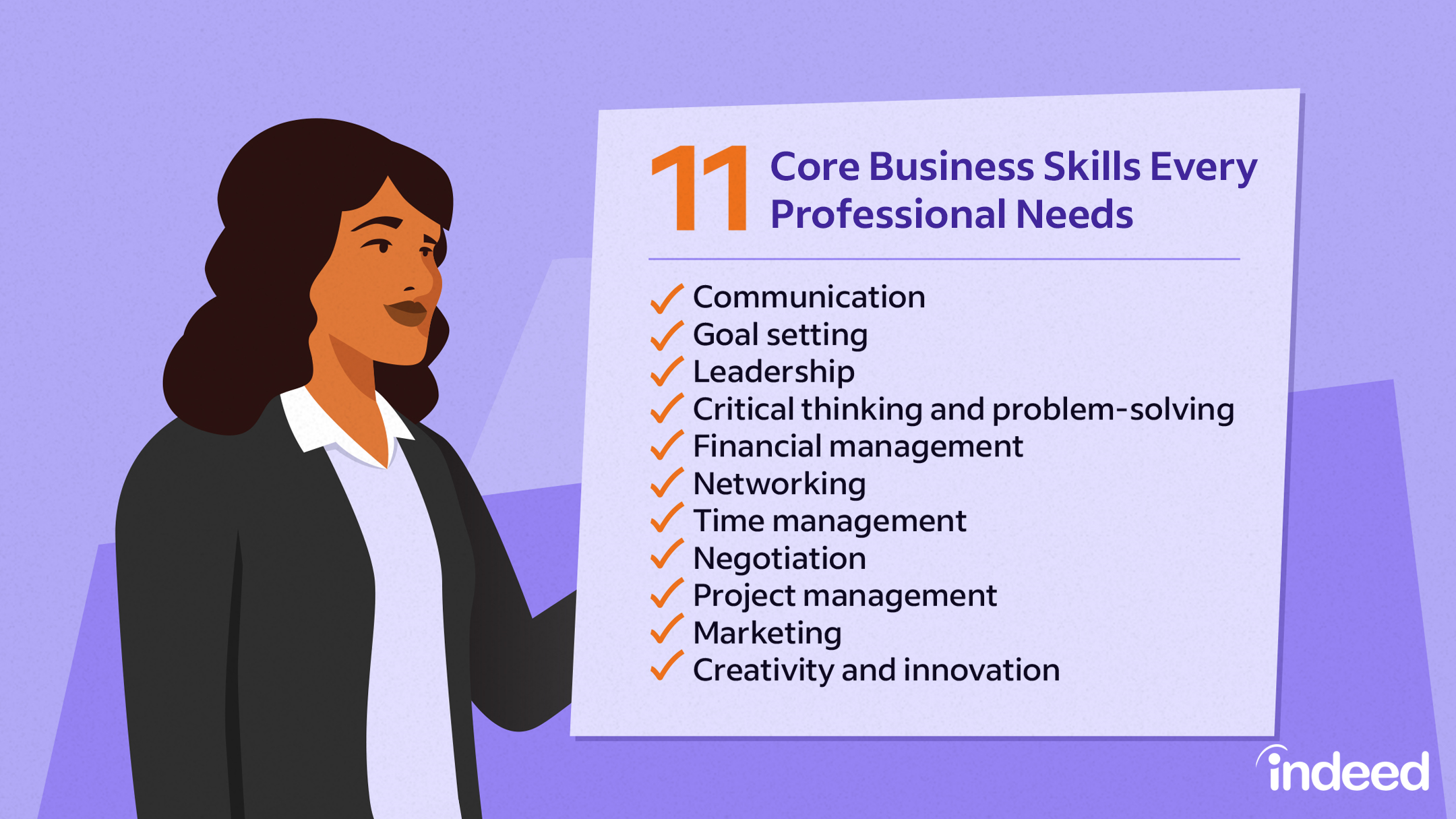Mastering the Art of Adaptability
In today’s fast-paced and ever-changing business world, adaptability is a crucial skill that every leader must possess. The ability to quickly adjust to new situations, challenges, and opportunities is what sets successful leaders apart from the rest. Adaptability is not just about being able to roll with the punches, but also about proactively seeking out new ways to thrive in an ever-evolving environment.
One of the key aspects of mastering adaptability as a business leader is having a growth mindset. This means being open to new ideas, feedback, and perspectives, and constantly seeking ways to improve and grow. Leaders who are able to embrace change and see it as an opportunity for growth are better equipped to navigate the uncertainties of the business world.
Adaptability also requires leaders to be able to think on their feet and make quick decisions when faced with unexpected challenges. Being able to pivot and adjust strategies in real-time is essential in today’s fast-paced business environment. Leaders who are able to adapt quickly and effectively to changing circumstances are better able to steer their organizations towards success.
Another important aspect of adaptability is being able to communicate effectively with team members and stakeholders. Keeping everyone informed and on the same page during times of change is crucial for maintaining trust and morale within the organization. Leaders who are able to communicate openly and honestly about the reasons behind changes and the Potential impact on the organization are more likely to gain buy-in from their team members.

Image Source: ctfassets.net
In addition to communication, building strong relationships with team members and stakeholders is also key to mastering adaptability. Being able to collaborate and work effectively with others, even in times of uncertainty, is essential for ensuring that the organization can adapt and thrive in a rapidly changing business landscape. Leaders who are able to build strong relationships based on trust and mutual respect are better positioned to navigate the challenges of change.
Adaptability also requires leaders to be able to think strategically and anticipate future trends and challenges. By staying ahead of the curve and being proactive in their approach to change, leaders can position their organizations for success in the long term. Being able to anticipate and plan for potential changes in the business environment is a key part of mastering adaptability as a business leader.
Overall, mastering the art of adaptability is essential for today’s business leaders. By developing a growth mindset, being able to think on their feet, communicate effectively, build strong relationships, and think strategically, leaders can position themselves and their organizations for success in an ever-changing business landscape. Adaptability is not just a skill, but a mindset that can set leaders apart and drive their organizations towards success.
Elevating Empathy in Leadership
In today’s fast-paced and ever-changing business landscape, empathy has become an essential skill for effective leadership. As the world becomes more interconnected and diverse, the ability to understand and connect with others on an emotional level is crucial for building strong relationships and driving team success.
Empathy is the ability to understand and share the feelings of others. It involves putting yourself in someone else’s shoes and seeing the world from their perspective. In a business context, empathy allows leaders to better understand the needs and motivations of their team members, clients, and stakeholders. This understanding can lead to more effective communication, collaboration, and problem-solving.
:max_bytes(150000):strip_icc()/top-leadership-skills-2063782_final-5b3e6be646e0fb0036272f42-5bbf7e0246e0fb0026d6416a.png)
Image Source: thebalancemoney.com
Empathy is especially important in times of crisis or conflict. When employees are facing challenges or feeling overwhelmed, a leader with empathy can provide support and guidance in a way that is compassionate and understanding. By showing empathy, leaders can build trust and loyalty with their team members, leading to increased morale and job satisfaction.
One of the key components of empathy is active listening. This means giving your full attention to the person speaking, taking the time to understand their perspective, and responding in a thoughtful and compassionate way. By actively listening, leaders can demonstrate their care and concern for others, fostering a sense of trust and respect within the team.
Another important aspect of empathy is emotional intelligence. This involves being aware of your own emotions and those of others, and being able to regulate and manage these emotions in a positive way. Leaders with high emotional intelligence are able to create a positive work environment, where team members feel valued, respected, and supported.
Empathy also plays a crucial role in building strong relationships with clients and stakeholders. By understanding their needs and concerns, leaders can tailor their approach to better meet their expectations, leading to improved customer satisfaction and loyalty. Empathetic leaders are able to build long-lasting partnerships based on trust, respect, and mutual understanding.
In today’s globalized business world, cultural empathy is also becoming increasingly important. This involves understanding and respecting the cultural differences and perspectives of team members, clients, and stakeholders from diverse backgrounds. By fostering a culture of inclusivity and diversity, leaders can create a more innovative and dynamic work environment, where different ideas and perspectives are valued and respected.
Overall, empathy is a must-have essential skill for today’s business leaders. By elevating empathy in leadership, leaders can build stronger relationships, foster a positive work environment, and drive team success. Empathy allows leaders to connect with others on a deeper level, leading to increased trust, loyalty, and collaboration. In a world where relationships are key to business success, empathy is the secret weapon that sets great leaders apart from the rest.
Essential Skills Every Modern Business Leader Needs
